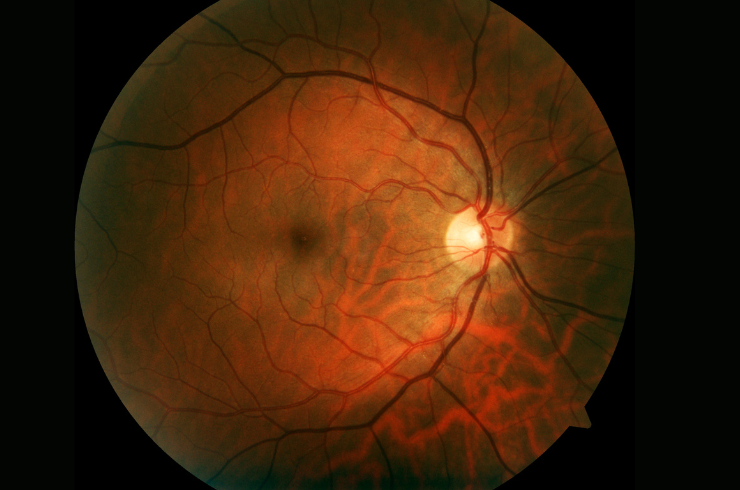Retina
- Home
- Services
- Retina

Understanding the Retina
The retina is a thin layer of tissue located at the back of the eye, essential for vision. It contains light-sensitive cells that convert light into electrical impulses, which are then sent to the brain via the optic nerve to create visual images. The health of the retina is crucial for maintaining clear and accurate vision.
Anatomy of the Retina
The retina is divided into several key areas:
- Macula: The central part of the retina, responsible for sharp, detailed vision, particularly for activities such as reading and driving.
- Fovea: A small pit in the macula that contains the highest concentration of photoreceptor cells (cones) and allows for the sharpest vision.
- Peripheral Retina: Surrounds the macula and is responsible for peripheral vision and detecting motion.
- Retinal Layers: Includes layers of photoreceptors (rods and cones), bipolar cells, and ganglion cells that process light signals.
Common Conditions Affecting the Retina
Several conditions can adversely affect the retina, leading to vision problems. Some common retinal conditions include:
- Retinal Detachment: A serious condition where the retina peels away from its underlying supportive tissue, requiring urgent medical attention.
- Age-Related Macular Degeneration (AMD): A degenerative condition primarily affecting older adults that can lead to loss of central vision.
- Diabetic Retinopathy: A complication of diabetes that damages the blood vessels in the retina, leading to vision impairment.
- Retinal Vein Occlusion: Blockage of the retinal veins that can cause swelling and bleeding in the retina.
- Retinitis Pigmentosa: A genetic disorder that causes gradual degeneration of the retina, affecting night and peripheral vision.
Symptoms of Retinal Problems
Patients with retinal issues may experience various symptoms, such as:
- Blurred or distorted vision
- Floaters or spots in the field of vision
- Flashes of light
- Sudden loss of vision in one or both eyes
- Difficulty seeing at night
Diagnosis of Retinal Conditions
Diagnosis of retinal conditions typically involves a comprehensive eye examination, which may include:
- Visual acuity tests to assess sharpness of vision
- Fundoscopy to examine the retina with a special lens
- Optical Coherence Tomography (OCT) to obtain detailed images of retinal layers
- Fluorescein angiography to visualize blood flow in the retina
Treatment Options for Retinal Conditions
Treatment options for retinal issues depend on the specific condition and severity. Common treatments may include:
- Laser Therapy: Used to treat conditions like diabetic retinopathy and retinal tears.
- Injections: Anti-VEGF (vascular endothelial growth factor) injections to treat conditions like AMD and diabetic macular edema.
- Vitrectomy: Surgical removal of the vitreous gel to treat retinal detachment or severe bleeding.
- Pneumatic Retinopexy: A procedure that involves injecting a gas bubble into the eye to reattach the retina.
Protecting Your Retina
To maintain retinal health, consider the following tips:
- Schedule regular eye exams with an eye care professional, especially if you have risk factors such as diabetes or a family history of retinal disease.
- Maintain a healthy diet rich in antioxidants, vitamins C and E, omega-3 fatty acids, and leafy greens.
- Protect your eyes from UV exposure by wearing sunglasses outside.
- Avoid smoking, which can increase the risk of retinal diseases.
- Manage chronic health conditions, such as diabetes and hypertension.
Consult Our Retina Specialists
If you’re experiencing any vision changes or have concerns about your retinal health, contact us today to schedule an appointment with our experienced retina specialists. We are committed to providing comprehensive care to ensure your eye health and vision quality!

